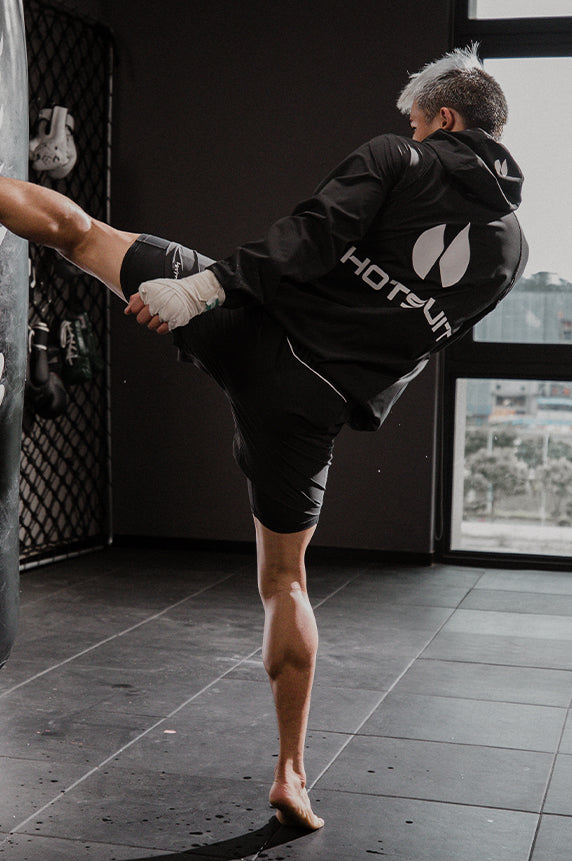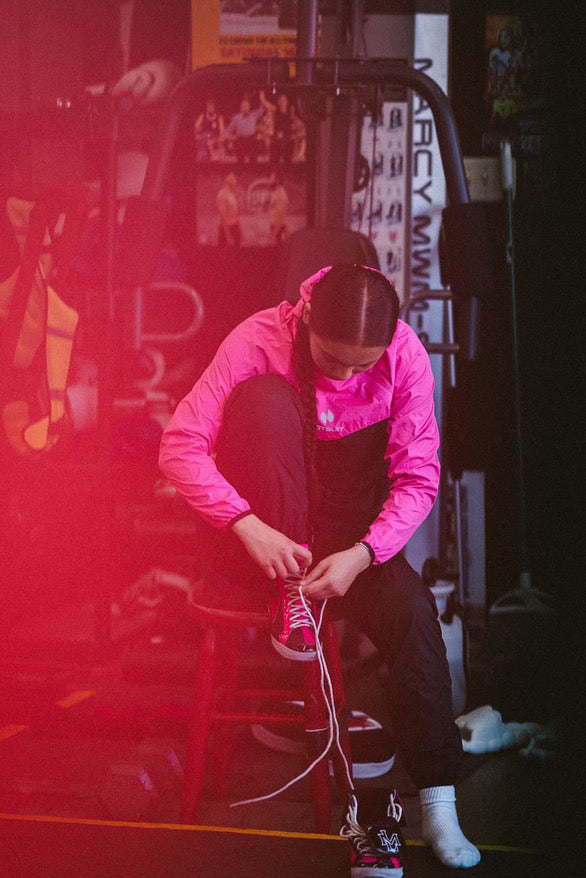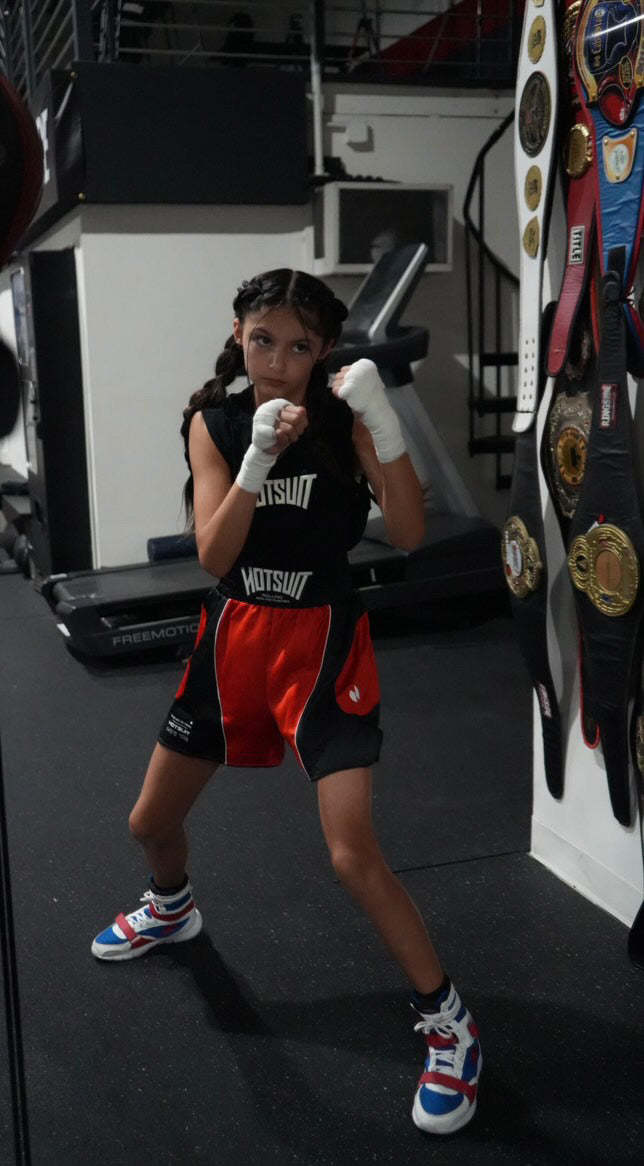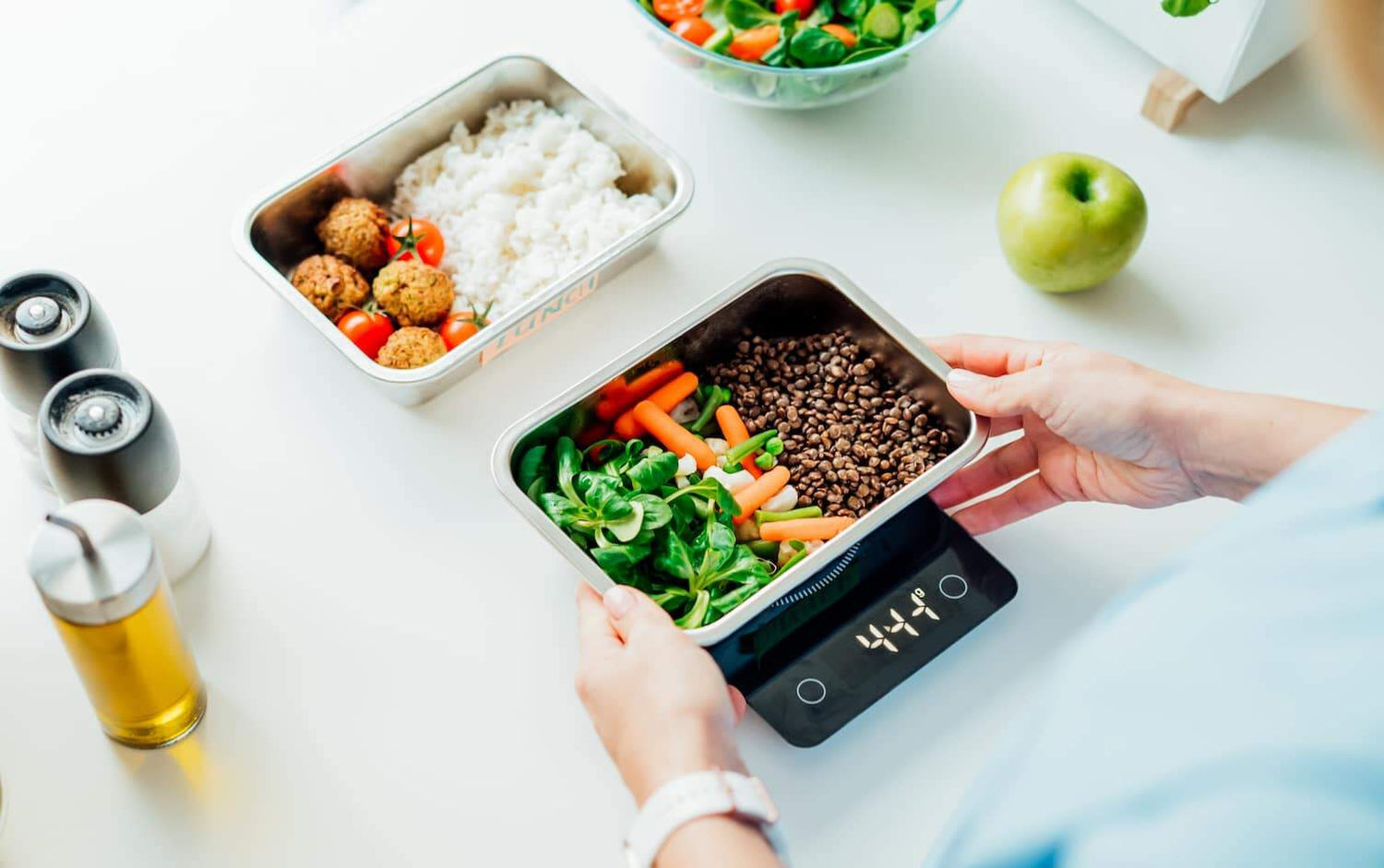boxer, stepping off the scale successfully marks the end of one battle and the beginning of another: the race against time. This is the fight before the fight. Your post weigh-in recovery in these critical 24 hours will directly impact your strength, stamina, and focus on fight night.
This guide provides a step-by-step rehydration strategy for boxing and a phased nutrition plan to ensure you enter the ring fully recharged.
The Moment After the Scale: The First Critical Hour
The minutes immediately following the weigh-in are the most crucial for kicking off the recovery process. Your body is depleted, and it needs the right fuel, right away.
Immediate Rehydration: What to Drink First
What to drink after weigh in? Your very first drink should be a beverage containing electrolytes. Don't just chug plain water. A formula with sodium, potassium, and magnesium will help your body absorb and retain the fluids it desperately needs to restore nerve and muscle function.

The Role of a Fast-Acting Carbohydrate
Along with your electrolyte drink, consume a small, fast-acting source of carbohydrates. A piece of fruit like a banana or a handful of grapes is perfect.
This quick sugar source begins the vital process of replenishing your muscle glycogen stores, which were heavily depleted during the final stages of your weight cut.
Crafting Your Rehydration Strategy for Boxing
Rehydration is more than just drinking a lot of water; it's a science. An effective rehydration strategy for boxing is about careful, consistent, and balanced fluid intake.
Sip, Don't Gulp: The Importance of Gradual Intake
The biggest mistake a fighter can make is gulping down liters of water at once. This can lead to bloating, stomach cramps, and inefficient absorption.
The key is gradual intake. Sip your electrolyte-rich fluids consistently throughout the hours following the weigh-in. This allows your body to absorb the water properly without overwhelming your system.
Electrolytes Are Non-Negotiable: Why They Matter
We can't stress this enough: electrolytes are non-negotiable. After a significant water cut, your body's electrolyte balance is completely out of sync.
Restoring this balance is essential for preventing muscle cramps, maintaining focus, and ensuring your body can perform at its peak. Your rehydration fluids must contain these vital minerals.
Tracking Your Fluid Intake: A Simple Method
To ensure you're drinking enough, have a plan. A common method for fighter recovery is to aim to replenish 1.5 times the amount of weight you lost in fluids. For example, if you cut 4 lbs, aim to drink around 6 liters (about 1.5 gallons) of fluid over the next 24 hours.
What to Eat After Weigh-In: A Phased Nutrition Plan
Your body is craving nutrients, but your digestive system may be sensitive. This phased nutrition plan introduces foods gradually to maximize recovery without causing digestive distress.
Meal 1 (Post-Weigh-In): Easily Digestible Carbs and Protein
Your first real meal, about 60-90 minutes after the weigh-in, should be simple and easy to digest. Think white rice, grilled chicken breast (unseasoned), or a plain baked potato.

The goal is to provide a solid base of carbohydrates and protein without taxing your system.
Meals 2 & 3 (Evening Before Fight): Complex Carbs and Lean Protein
Throughout the evening, continue with small, frequent meals. Now you can introduce more complex carbohydrates like sweet potatoes or whole-wheat pasta to continue replenishing your glycogen stores.
Pair these with more lean protein to aid muscle repair. Keep fats low for now to ensure rapid digestion and nutrient absorption.
Fight Day Breakfast: The Final Fueling
Your breakfast on fight day should be familiar and light. Oatmeal with berries, scrambled eggs, or a piece of toast with honey are all excellent choices.
This final meal tops off your energy stores and should be consumed at least 3-4 hours before your fight to allow for complete digestion.
What to Avoid: Foods and Drinks That Can Sabotage Recovery
What you don't eat is just as important as what you do. What foods to avoid after weigh in? Steer clear of these common pitfalls.
High-Fat and Greasy Foods
Avoid heavy, greasy foods like burgers, pizza, or anything fried. Fat slows down digestion and can sit heavily in your stomach, leaving you feeling sluggish on fight night.
Excessive Fiber
While normally healthy, high-fiber foods like raw broccoli or large salads can cause gas and bloating, which is the last thing you want before a fight. Stick to low-fiber carbohydrate sources.
Sugary Sodas and Energy Drinks
Avoid sugary drinks that can cause a rapid spike and subsequent crash in your blood sugar. Stick to water and specialized electrolyte formulas. A successful plan starts long before this final week; for more tips, be sure to read our guide on .
Enter the Ring Recharged and Ready
A smart post weigh-in recovery is the final piece of the fight camp puzzle. By following a structured plan for rehydration and nutrition, you give your body the best possible chance to recover its strength, stamina, and focus.
You've done the hard work. Now, it's time to refuel, recharge, and step into the ring ready for victory. What's your go-to recovery secret after a tough weigh-in? Share it below!
Your Post-Weigh-In Recovery Questions Answered
How much water should I aim to drink after weighing in? A general rule of thumb is to consume 150% of the weight you lost in fluids. For example, if you cut 5 pounds (which is about 2.3 liters), you should aim to drink approximately 3.4 liters of electrolyte-rich fluids over the 24 hours before your fight.
Is it okay to eat a big steak dinner after weighing in? It's best to avoid it. A large, high-fat meal like a steak is difficult to digest and can leave you feeling slow and heavy. Prioritize easily digestible proteins and carbohydrates for your fighter recovery.
Should I do any stretching or light activity? Yes, very light activity like walking or gentle stretching can help reduce stiffness and promote blood flow. Avoid anything strenuous that could deplete your newly replenished energy stores.

What are the signs of poor rehydration? Key signs include a persistent headache, dark-colored urine, muscle cramps, and feelings of dizziness or fatigue. Proper rehydration should alleviate these symptoms. If you need the right gear for fight night,







Leave a comment
All comments are moderated before being published.
This site is protected by hCaptcha and the hCaptcha Privacy Policy and Terms of Service apply.